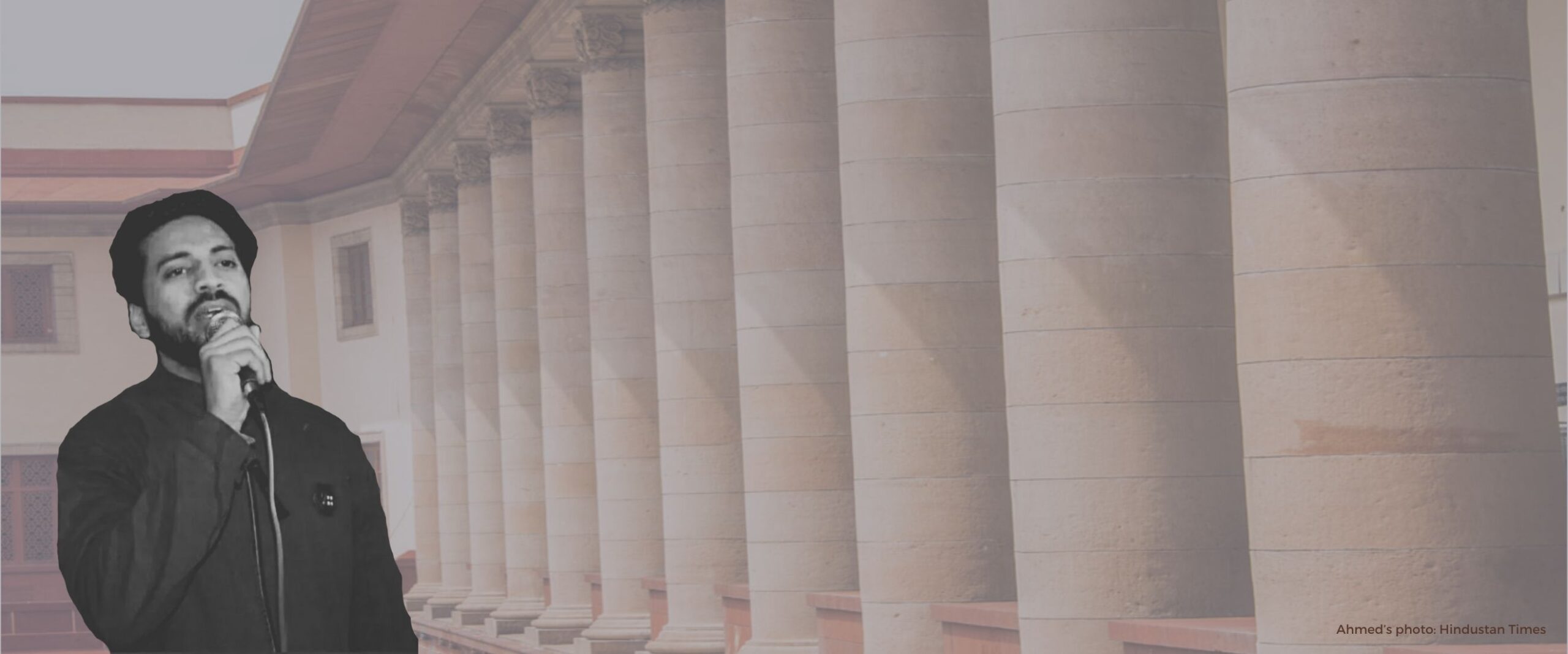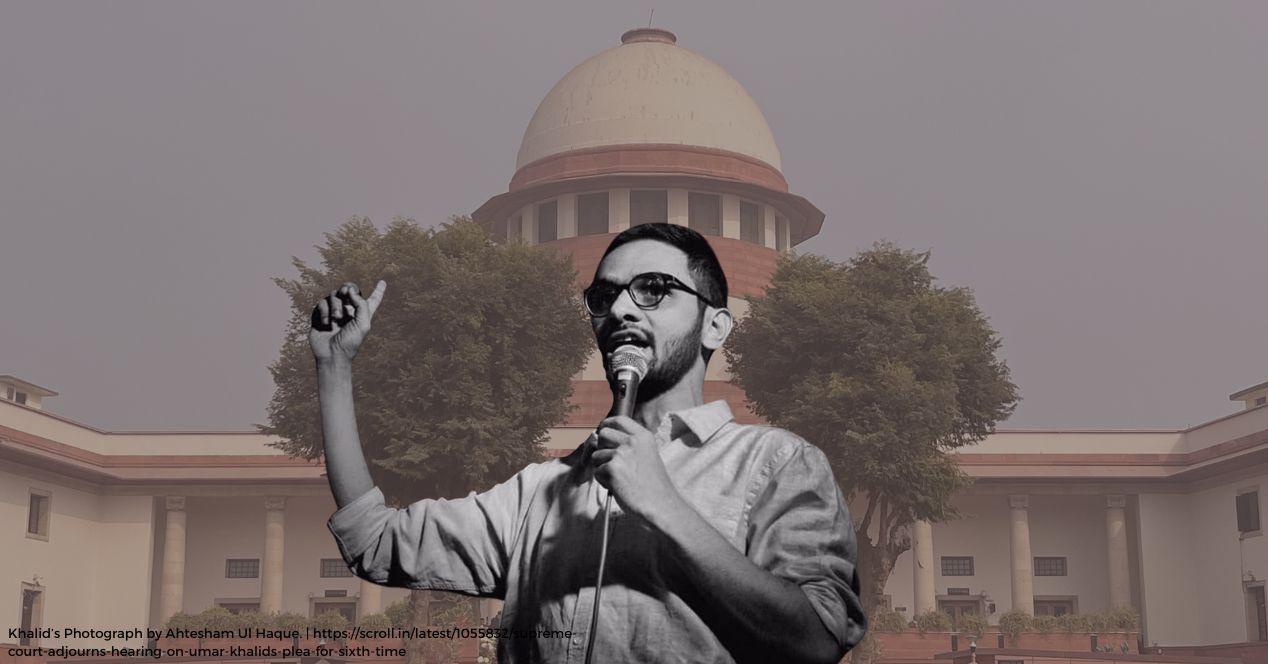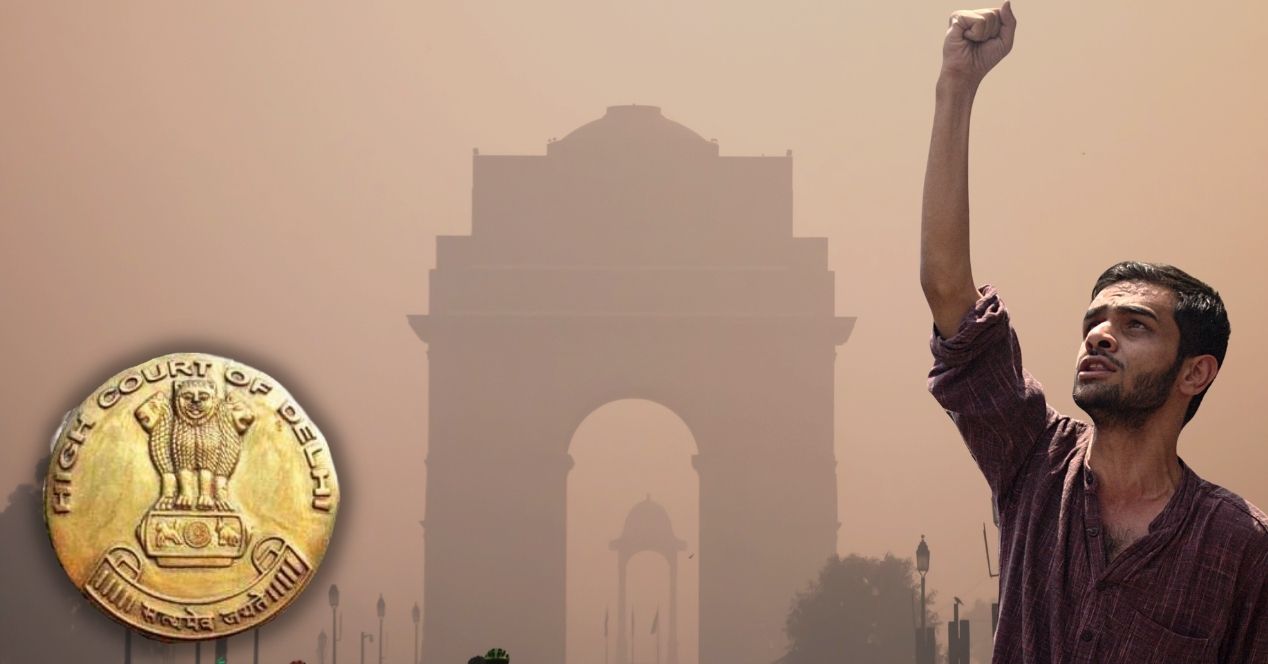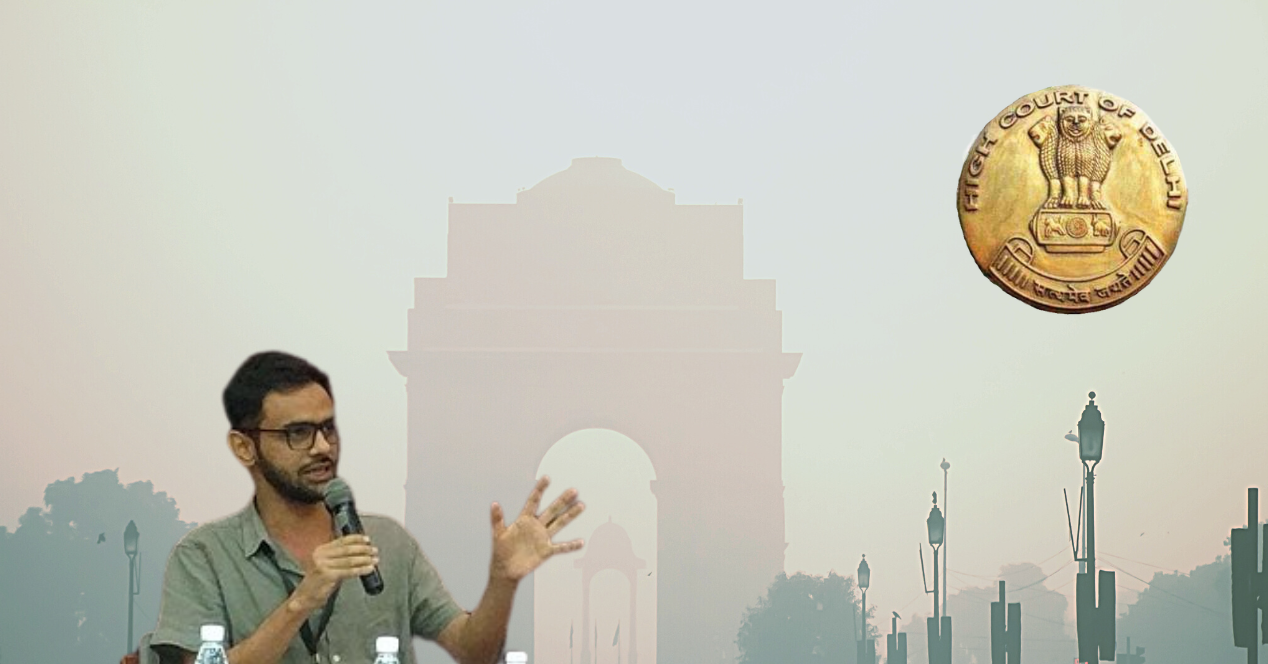Analysis
‘When does protest become conspiracy?’ Luthra questions prosecution in Delhi Riots bail hearing
Luthra argued that the accused was later “folded into” the larger conspiracy narrative, despite bail in the initial FIRs

Today, the Supreme Court continued hearing the bail pleas of Umar Khalid and the other accused in the alleged larger conspiracy case relating to the 2020 Delhi riots.
Senior Advocate Siddharth Luthra appeared for accused Shadab Ahmed and argued that Ahmed has now been “folded into the larger conspiracy” despite evidence that he only helped organise protests, and did not instigate violence.
Luthra began by tracing Ahmed’s custody history. Ahmed was first arrested in FIR 60/2020, the case concerning the death of Constable Ratan Lal. While he remained in custody in that case, the police added him to the present larger conspiracy case on 20 May 2020. In September that year, the Delhi High Court granted him bail in both the Ratan Lal case and in FIR 136/2020 relating to the burning of a Maruti showroom. “Those are the only incidents that involve violence,” Luthra submitted. “Despite bail in both, he remains in jail four years later because of this larger conspiracy case.”
He submitted that Ahmed’s name first appears only in the second supplementary chargesheet, with later filings introducing two protected witnesses referred to as ‘Radium’ and ‘Sodium’. Their statements, he argued, describe Ahmed attending and coordinating protest gatherings, but do not attribute instigation, planning or direction. “Presence at a protest is not criminality,” he said.
Addressing Ahmed’s alleged link with the Delhi Protest Support Group (DPSG), Luthra clarified that the “Shadab” referenced in the WhatsApp chats is a different individual associated with the Jamia Coordination Committee (JCC). He submitted that the prosecution used reverse digital mapping to place Ahmed near Chand Bagh, whereas the Delhi High Court order in the Ratan Lal case records that he was in Jagatpuri on the same date. “If mapping is relied on to imply presence, its accuracy is open to challenge,” he stated.
Luthra then questioned the prosecution’s reliance on Gurvinder Singh v State of Punjab (2024). He argued that Gurvinder dealt with terror financing at the stage of framing charges, whereas in Ahmed’s case arguments on charge have already concluded, and no delay comes from the defence. He further submitted that Ahmed is entitled to default bail, since the prosecution has neither obtained sanction under Section 196 CrPC nor filed a complaint under Section 195.
Luthra maintained that the case rests on association rather than agreement, and presence rather than participation.
The Court will continue hearing the matter on 11 November at 2:30 PM.




